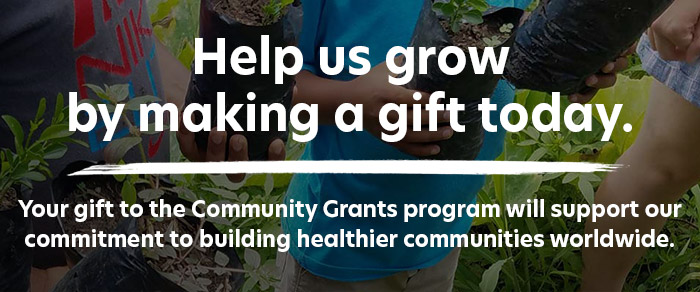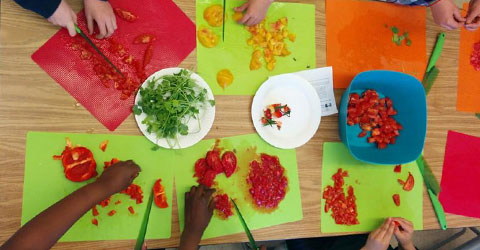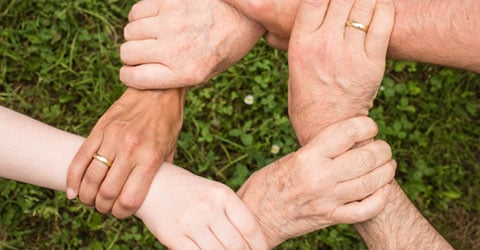
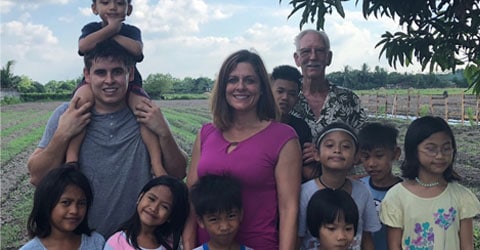
The following is an article from a Community Grant recipient.
We Empower ACEs is a 501(c)(3) nonprofit that confronts the effects of childhood adversity in families and communities. Our mission is to educate and empower people to turn their trauma and toxic stress into healing and power through an array of trauma-informed community-based programs, resources, and transformation centers.
I founded the organization after I discovered the research on Adverse Childhood Experiences (ACEs) and began my own healing journey from childhood trauma. In 2016, while building an orphanage in the Philippines, our team developed an integrative treatment model based on the scientific research behind ACEs in order to meet the needs of children who had been scarred by trauma. This treatment model included coordinated psychological, health, and lifestyle support delivered by trauma-informed professionals.
Being “trauma-informed” is at the center of what we do. By that, we mean improving understanding and awareness of ACEs, which research shows can cause significant disruption to a child’s life. Toxic stress brought on by complex trauma and adversity can harm the developing brain of a child, contributing to behavioral and academic problems by the time a child reaches school age, as well as lifelong physical and mental problems.[1] To learn more about the lifetime effects of ACEs, what we’re working against, watch Dr. Nadine Burke’s TED talk on how childhood trauma affects health across a lifetime.
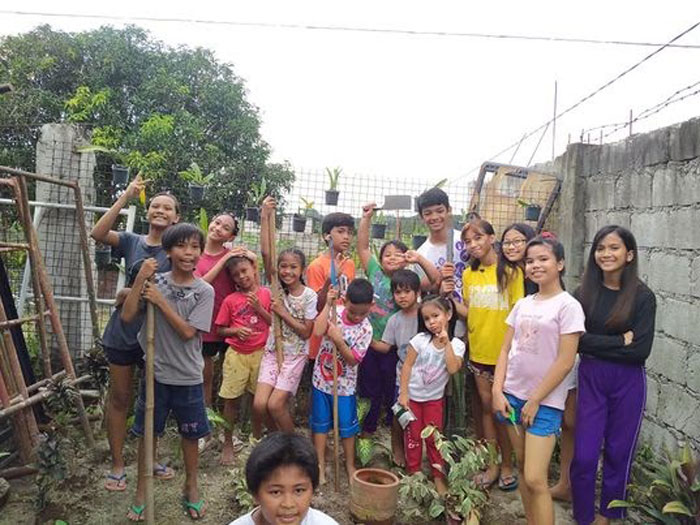
In 2017, we launched coordinated programs that provided social services, residential care, educational and therapy-based courses, a community vegetable garden, and socio-cultural activities. Now, children at Duyan ni Maria Children’s Home in Angeles City, Philippines have the opportunity to thrive despite their adverse experiences, and this model forms the basis of all our approaches.
Working in the garden has become a favorite pastime and the basis for hands-on skill development in food production and entrepreneurship.
The vegetable garden at the orphanage currently provides wholesome organic produce to more than 45 children and 20 houseparents, volunteers, and staff. Working in the garden has become a favorite pastime and the basis for hands-on skill development in food production and entrepreneurship. Income-generating activities include plant propagation from existing crops, growing mushrooms, and producing homemade soaps—all of which are sold in the local community. This has only improved the relationship between the orphanage and the local community, attracting more volunteer involvement and expanding the community’s knowledge and resources.
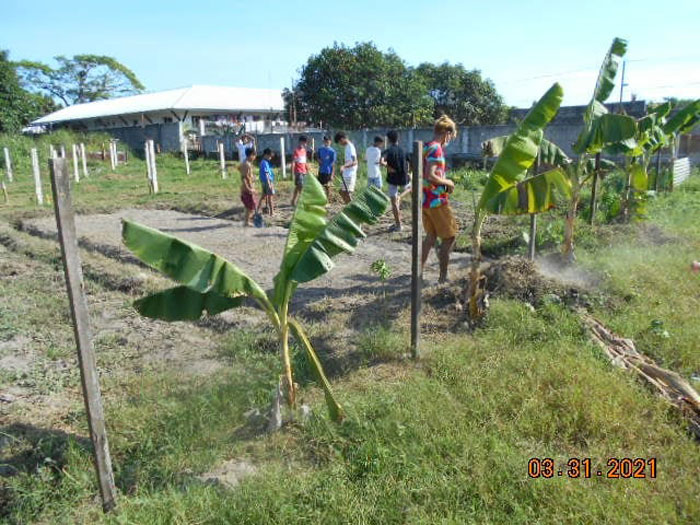
Our newest program is located in Baja California, Mexico, where we have three centers in the urban center of Rosarito. There, we provide ACEs-informed support and guidance to families in need, as well as trauma-informed training for local health and wellness providers and organizations.
Thanks to the CNS Community Grant, we’ve now launched the “Familias Unidas y Sanas” (United Healthy Families) project. The goal of this new project is to enable food sovereignty for families in our program and the larger community. The community garden space will be critical to this goal, improving access to healthy food and offering entrepreneurship opportunities to struggling families.
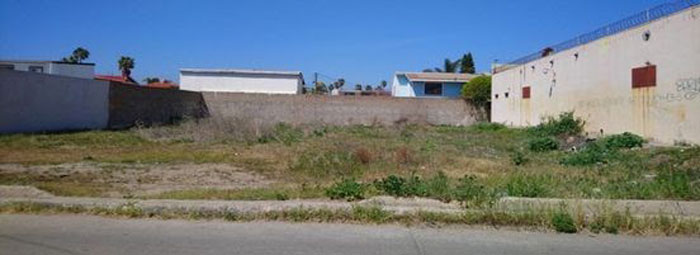
Finally, in a newly acquired lot in Baja California, Mexico, we are designing an innovative urban space to host educational programs for children and families interested in growing food by eco-friendly and sustainable methods. We’ve partnered with other local and international organizations to integrate this project into a community-wide effort for greater accountability, empowered female entrepreneurship, and improved family health and wellness. Stay tuned to see how we transform this space into an urban oasis of healthy food production.
The T. Colin Campbell Center for Nutrition Studies (CNS) is committed to increasing awareness of the extraordinary impact that food has on the health of our bodies, our communities, and our planet. In support of this commitment, CNS has created a Community Grant initiative to empower sustainable food-based initiatives around the world by providing grants to enable innovative start-ups and to propel the growth of existing initiatives. Please consider making a donation to this great cause. 100% of your donation will go to support initiatives like the one you just read about in this article.
Learn more about our Community Grant program.
References
- Felitti VJ, Anda RF, Nordenberg D, Williamson DF, Spitz AM, Edwards V, Koss MP, Marks JS. Relationship of childhood abuse and household dysfunction to many of the leading causes of death in adults. The Adverse Childhood Experiences (ACE) Study. Am J Prev Med. 1998 May;14(4):245-58.
Copyright 2025 Center for Nutrition Studies. All rights reserved.
Deepen Your Knowledge With Our
Plant-Based Nutrition
Certificate
Plant-Based Nutrition Certificate
- 23,000+ students
- 100% online, learn at your own pace
- No prerequisites
- Continuing education credits


